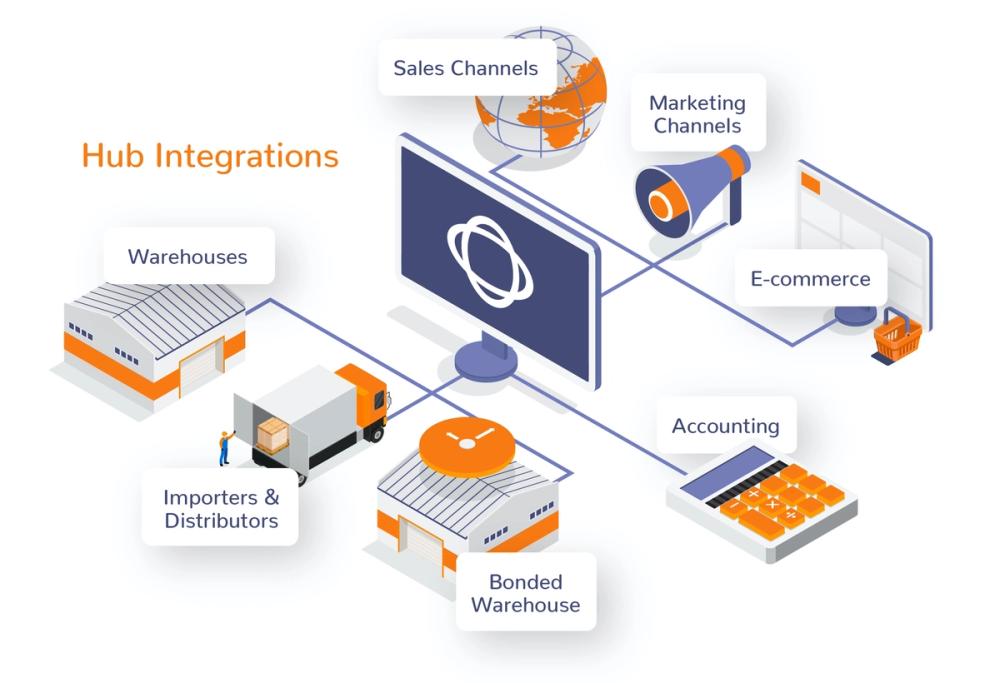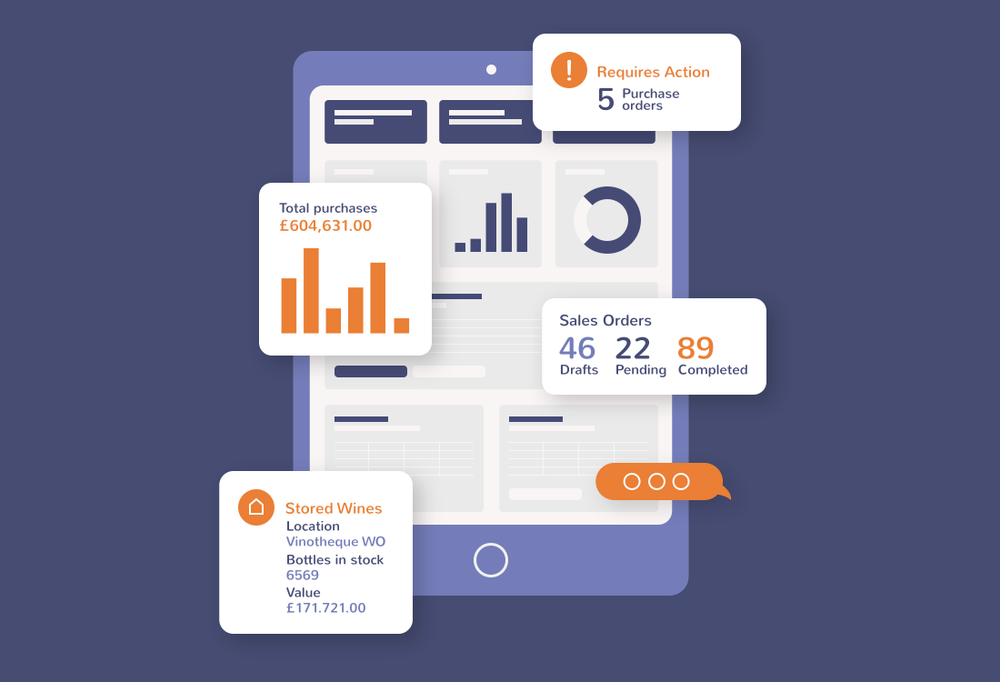“Mastering data is also about knowing: where your wine is; what’s due to arrive; and what has arrived; what’s not yet in bottle; or still elsewhere.” That’s the advice Wine Owners’ Nick Martin gives when looking to provide bespoke management systems for the wine industry that allow companies to fully get on top of what their sales and inventory data is telling them.

Businesses of all sizes need to be able to process and manage all the data points coming into their company says Wine Owners’ Nick Martin
As more fine wine businesses turn to e-commerce in a reflection of their market’s behavioural shift, managing inventory and fulfilment becomes a more significant issue than ever before. How do you master inventory for e-commerce and other channels, phone based orders and, for example, Liv-ex at the same time? It’s an inventory availability and scaling issue.
Before you know it, poor data mastering results in mistakes that cost money, and customer loyalty – which also absorbs an enormous amount of staff time.
What is data mastering?
Data mastering refers to where you record and maintain information. In regards to inventory management, your master record is the one that is generated from a purchase order and is updated via a sales order, is tracked through its movements, reconciled whenever it lands into a storage location, moved from your account to a client account, and so on.
The Mastering Process
The system that masters your inventory needs to comprise workflow management that accurately records what you’ve got on order, where your physical inventory is, and needs to be able to track its movements.
You’ll know that the reconciliation of wines that arrive at a warehouse can be a bit of a nightmare, and that’s because deliveries are often partial or cross over multiple purchase orders, or wines arrive in different pack sizes. So simply using your purchase orders as pre-advice creates more work. It leads to mistakes because warehouses don’t always know the difference between one wine from a producer and a different but similar sounding one, and all of a sudden the recording of your stock is wrong, or unreliable.

Investing in a management system – like Wine Owners the Wine Hub above – can help track and give visibility of every wine in your supply chain
Which is why mastering data is also about knowing: where your wine is; what’s due to arrive; and what has arrived; what’s not yet in bottle; or still elsewhere. That means being able to split purchase orders; to select specific lines from purchase orders that need to go onto a shipment; and using that documentation to pre-advise the warehouse of exactly what’s on the truck or the ship.
Rich Content and Information
The content overhead of going online is significant, whether it’s producer level content, reviews, scores, product definitions – and the impact of that on team members is huge when you need to re-originate all that from scratch. Content administration becomes 50-75% of the working day, taking people away from connecting with clients and building relationships.
Data mastering is sometimes also used to describe the process of linking an unmastered data source with another master data record. In the case of the wine market, we believe that’s pretty important too because of those content issues.
Mastering Data with the Wine Hub

Visibility of your data in a way that makes sense to you and how you run your business is key in managing data
To solve these issues, Wine Owners created a huge referential database of content comprising an information database of 30,000 wine name references and over 400,000 wine vintages. That then links to Liv-ex’s LWIN database (comprising 80,000 wine name references) to make it easy for businesses using the Wine Hub to trade on Liv-ex or tap into their market to augment their wine lists.
This referential database underpins the Wine Hub business management software, which makes it possible for wine businesses using the platform to leverage a body of product- related information in many different ways:
- Out of the box wine definitions for grouping, cross-selling and up-selling
- Market pricing in conjunction with Wine-Searcher source data
- Mapping and standardising incoming product data
The Value of Mastering
There are two major benefits of this approach:
1 The first is to get rid of duplication in the incoming data which makes it a lot easier to analyse purchasing history, helps targeting of wine offers, and helps with accurate calculation of product-level and product category margins and profitability.
2 The second is it massively reduces the overhead of going online, because it saves quite a bit of manual rekeying effort. The mastered inventory, with product definitions, associated information and rich content can all be mastered in one place and allocated for sale into your e-commerce channel – or any other sales and marketing channels you wish to connect up to as long as there are APIs in place that keep your real time stock position up to date.
A clear approach to data mastering, maintained through effective workflow management, linked with a referential database ‘master’, ensures historical data issues are sorted out up-front and maintained going forward.
It’s in this context that success in making your business more efficient, and setting it up for growth, is less about the strategy and more about implementation.
- To find out more about Wine Owners and the bespoke Wine Hub management support system it has developed for the wine industry then go to its website here or you can contact Nick Martin on nick.martin@wineowners.com.
- Wine Owners is a business partner of The Buyer.









































